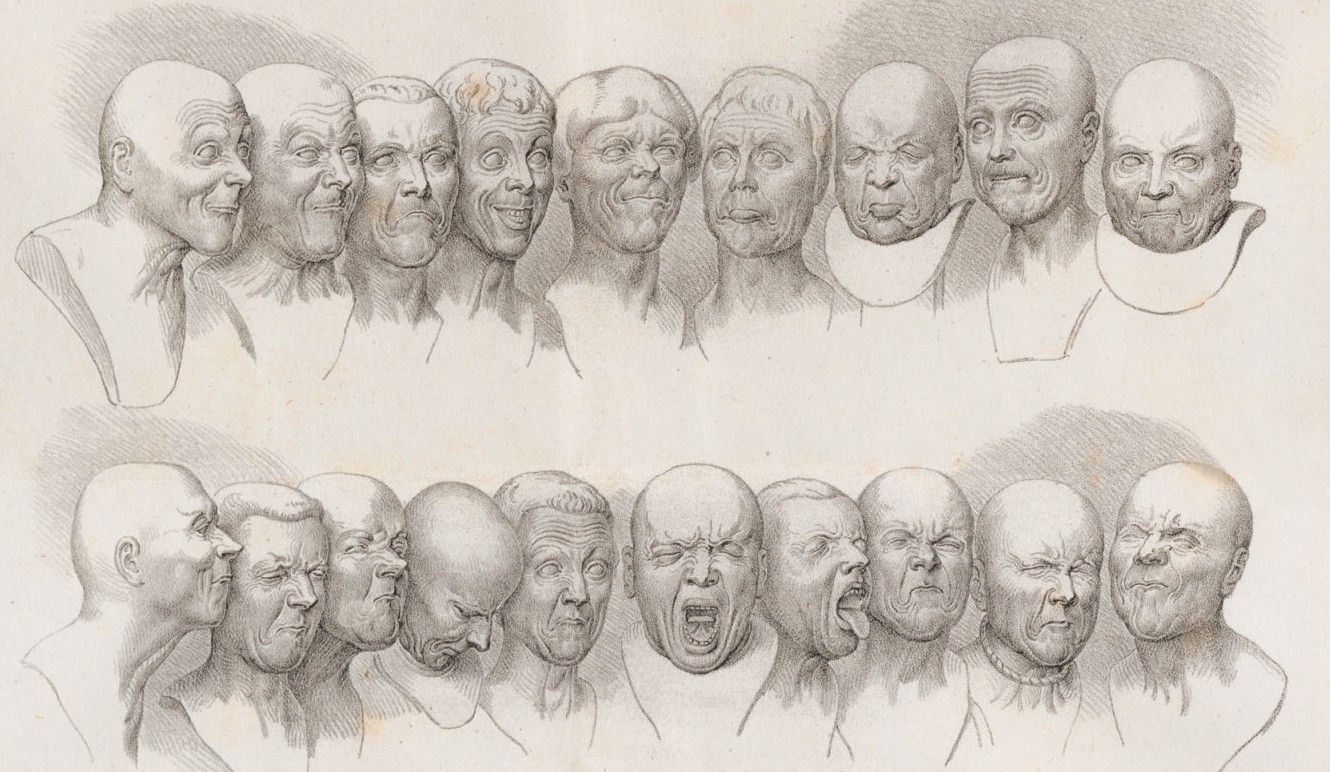Theory of mind is the ability to make inferences about the mental and emotional states of others. Understanding that one’s thoughts, knowledge, desires, motives, and feelings can be different than those of someone else is a skill that takes young children many years to develop, and it requires the interrelated activity of a network of regions within the brain. How does theory of mind affect the way in which people interact with each other and make social, emotional, and even moral decisions? Is theory of mind unique to humans, or can other animals comprehend the intentions of their own and other species?
Speakers:
Joshua Knobe, Professor of Philosophy and Psychology and Linguistics, Yale University
Laurie Santos, Professor of Psychology, Yale University
Rebecca Saxe, Professor, Department of Brain and Cognitive Sciences, Massachusetts Institute of Technology
Moderator:
Patricia Kitcher, Roberta and William Campbell Professor of the Humanities, Columbia University
This event is free and open to the public. Reception to follow.
This event is part of the Presidential Scholars’ Seminars in Society and Neuroscience series.
Image: Matthias Rudolph Toma (1792-1869), Messerschmidt’s “Character Heads” (1839, lithograph on paper), Österreichische Nationalbibliothek, Vienna.

